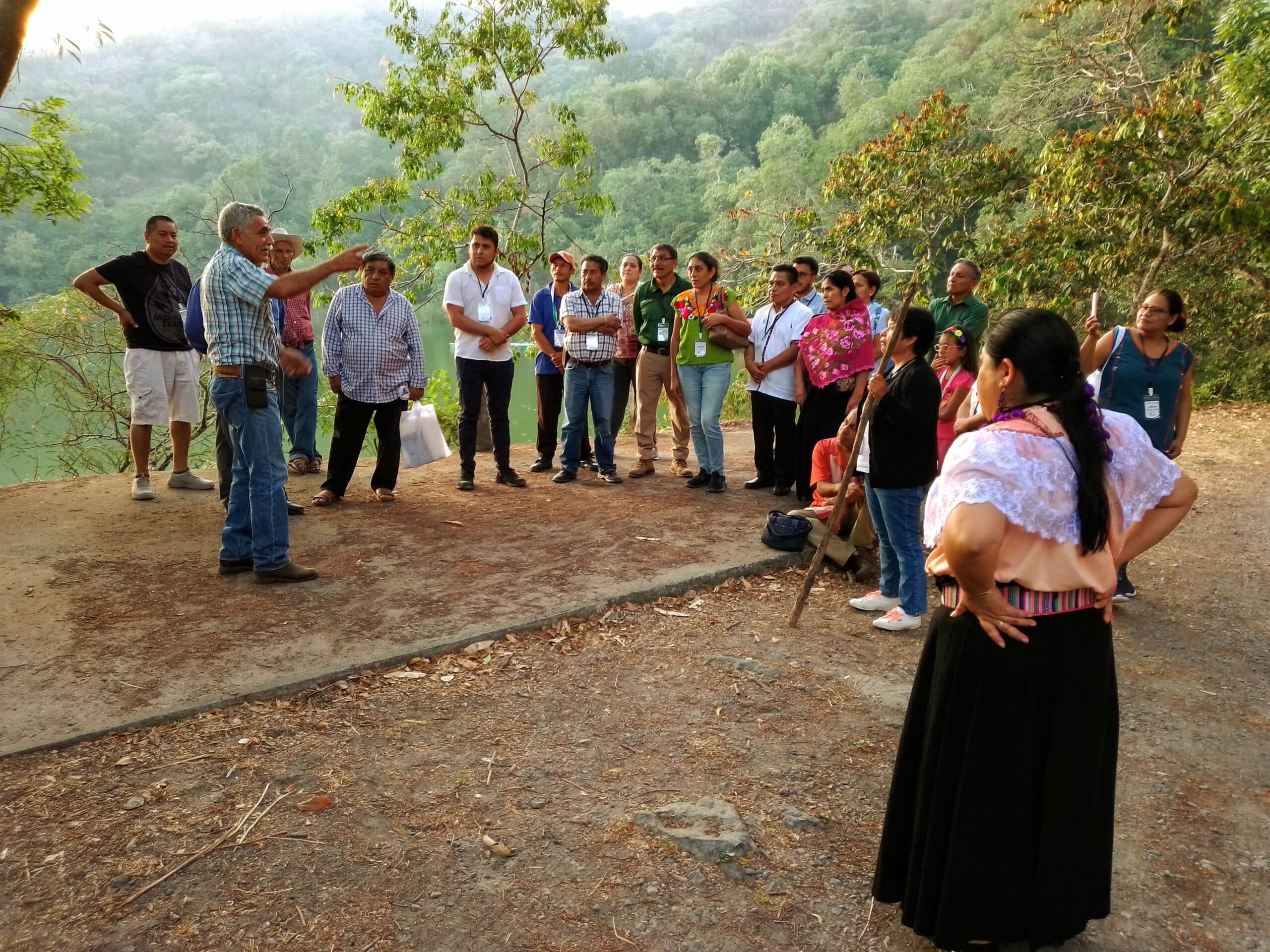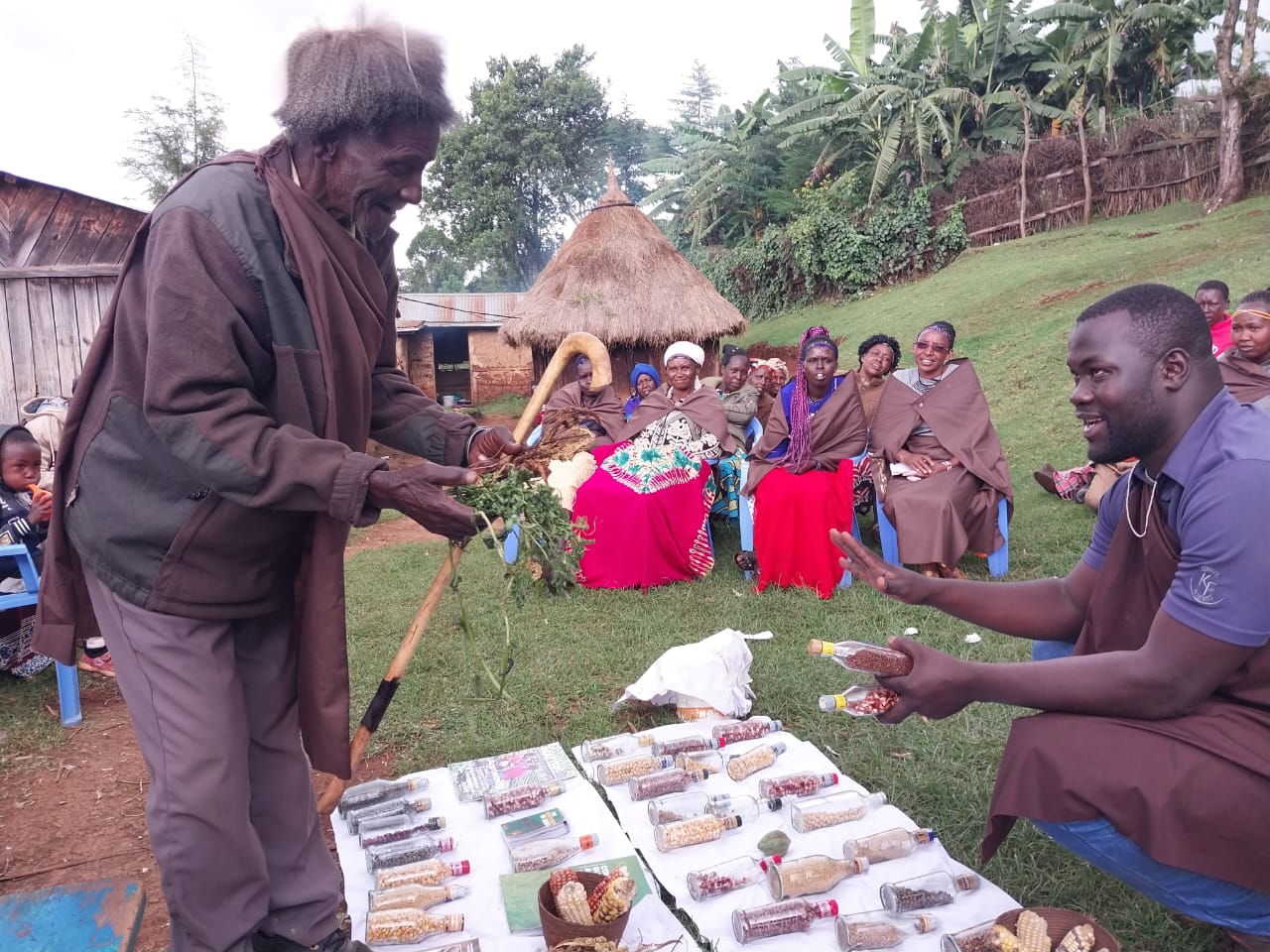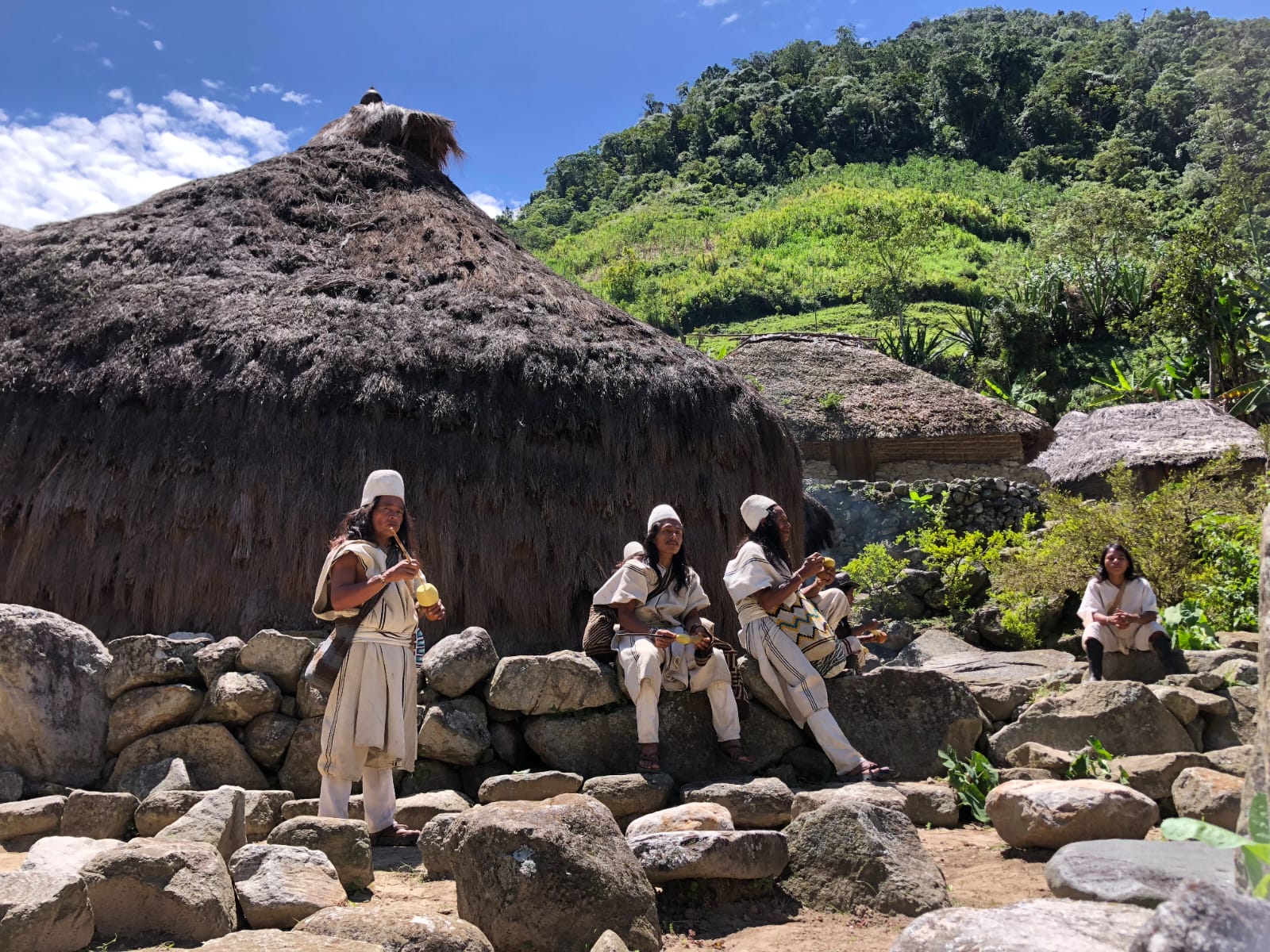Open letter regarding respect for the rights of Indigenous Peoples at the COP 28 meeting, and the need for their full inclusion in all negotiations regarding climate change.
November 29th, 2023
To all national representatives attending the meeting of the Parties to the UN Convention on Climate Change in Dubai.
Greetings.
On the eve of the 28th meeting of the Parties to the UN Convention on Climate Change (COP 28), Land is Life wishes to publically voice its concern about the lack of meaningful participation of Indigenous Peoples in climate negotiations. We believe their front-line role as protectors of much of the world’s natural areas gives them not only the right to be present in debates about the Climate Crisis, but to participate directly at the negotiation table, where their rights have often been ignored.
As you are no doubt aware, Indigenous Peoples contribute significantly to the conservation of biodiversity and to the protection of the world’s vital ecosystems and, as a consequence, to reducing the threat of climate change. In large measure this is due to the struggle to maintain the integrity of their ancestral territories, and protect them against the depredations of illegal loggers, miners and major extractive projects that threaten their lives and cultures. Cultures, it should be added, that are unique and priceless, living, human heritage.
However, despíte a contribution that will benefit the entire planet, Indigenous Peoples are amongst those most affected by rising temperatures and changing weather patterns and, tragically, in many places they face violence, death, and eviction from their homelands in the name of Conservation and climate change mitigation.
These atrocities are often the result of climate change market mechanisms that are only thinly disguised attempts to appropriate their territories.
It is possible to cite a number of examples of this type of violation, but perhaps the most egregious are those of the Ogiek People in Kenya, the Mosop Benet in Uganda, and the Maasai in Tanzania, where thousands have been displaced from the traditional lands they have safeguarded for centuries. Unfortunately, these are only illustrations of a much wider problem that leads us to emphasize, once again, that violence and displacement, or any other violation of Human Rights, are totally unacceptable elements of any conservation or climate change adaptation/mitigation project.
The decisions to be taken at COP 28 will be fundamental in meeting the needs of the global population, and Land is Life urges all delegates to make sure that action is real and substantial.
More specifically, the meeting is a major opportunity to rectify past injustices, and to ensure respect for the rights of Indigenous Peoples, and their full inclusion in all climate change negotiations.
Land is LIfe calls for the following measures to be adopted at COP 28 in Dubai:
- That mechanisms be established for the meaningful participation of Indigenous Peoples in all aspects and all instances of climate negotiations.
- That those mechanisms be formulated with the participation of Indigenous Peoples themselves.
- That these mechanisms be transparent, inclusive, and participatory.
- That adaptive mechanisms, including funding, must be put into place that allow Indigenous Peoples to: a) not only remain on their lands, but b) to institute measures that will ensure those lands are better protected from the ravages of illegal activities and major extractive projects.
- That funding mechanisms be implemented that allow conservation projects to be initiated and operated by Indigenous Peoples themselves.
- Funding mechanisms must also be put into place to make sure that Governments of emerging nations do not need to rely on market based ‘solutions’, and are able to meet their emission targets without violating the rights of Indigenous and other marginalized peoples
- That the right to Free, Prior and Informed Consent be legally enshrined as a precondition for all projects that could affect the traditional territories and cultures of Indigenous Peoples.
- That the fundamental role of women, and the projects they lead, be recognized and provided with the necessary funding.
- That the role of market mechanisms, such as carbon trading, be eliminated, and that those agreements already in place be monitored to prove effectiveness in reducing emissions, be transparent and tightly controlled, and contain international grievance mechanisms that allow for human rights violations to be heard, victims compensated, rehabilitation initiated, and non-repetition guaranteed. Where these conditions are not met, projects should be closed down.
We are all affected by climate change, and fighting it must be a shared struggle; the most vulnerable peoples, especially the world’s Indigenous Peoples, must therefore be supported and allowed to play the positive role they have always played.
Land is Life urges the representatives of States, businesses, and other stakeholders at the COP 28 in Dubai to support the positions put forward by the world’s Indigenous Peoples, and ensure that their vital role in finding effective responses to the challenges of global climate change..
Respectfully,
the Board of Directors of Land is Life



